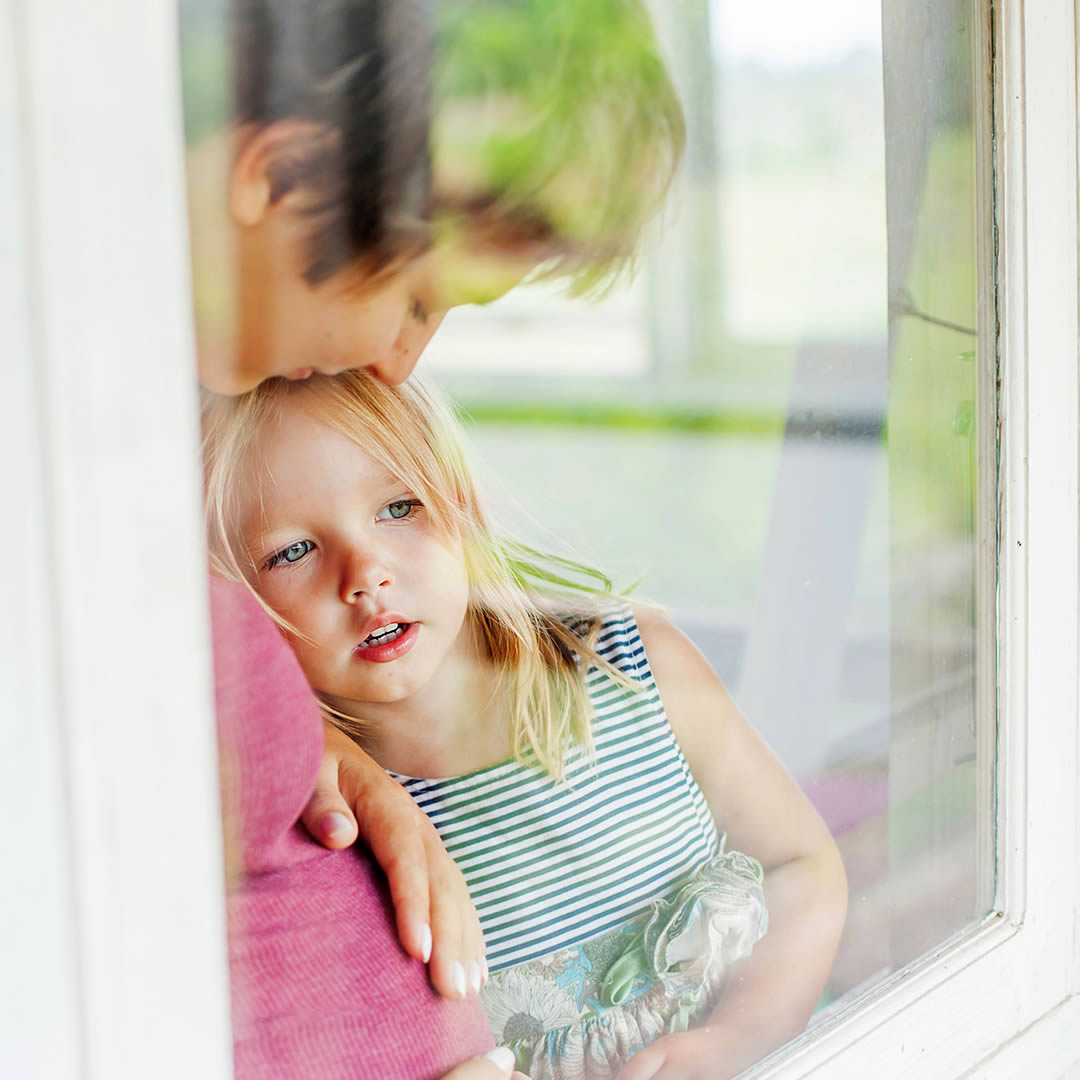Respiratory Syncytial Virus
RSV typically appears in the fall, winter and spring; however, Arizona has seen more than twice the number of reported RSV cases this year compared to this same time last season.
RSV or respiratory syncytial virus infects the lungs and the respiratory tract. The illness may cause runny nose, coughing, sneezing, fever and wheezing. Researchers are working to develop RSV vaccines, but none are available yet. View the symptoms outlined by the CDC.
According to the CDC, virtually all children get an RSV infection by the time they are 2 years old. Most of the time RSV will cause a mild, cold-like illness, but it can also cause severe illness such as
- Bronchiolitis (inflammation of the small airways in the lung)
- Pneumonia (infection of the lungs)
RSV in Infants & Children
RSV can be dangerous for some infants and young children. Each year in the United States, an estimated 58,000 children younger than 5 years old are hospitalized due to RSV infection. Those at the highest risk for severe illness from RSV include:
- Premature infants
- Very young infants, especially those 6 months and younger
- Children younger than 2 years old with chronic lung disease or congenital (present from birth) heart disease
- Children with weakened immune systems
- Children who have neuromuscular disorders, including those who have difficulty swallowing or clearing mucus secretions
RSV In Adults
RSV infections can be dangerous for older adults. Particularly vulnerable are those with chronic heart, pulmonary disease, asthma or a weakened immune system. Each year, it is estimated that more than 177,000 older adults are hospitalized and 14,000 of them die in the United States due to RSV infection.
Symptoms
RSV symptoms are at their worse on day three through five of the illness. Some signs to watch for in infants and young children include increased irritability, cough, fever, and loss of appetite. The virus can show up quickly after a child is infected.
RSV Prevention
if you have cold-like symptoms you should
- Cover your coughs and sneezes with a tissue or your upper shirt sleeve, not your hands
- Wash your hands often with soap and water for at least 20 seconds
- Avoid close contact, such as kissing, shaking hands, and sharing cups and eating utensils, with others
- Clean frequently touched surfaces such as doorknobs and mobile devices

Children are often exposed to and infected with RSV outside the home, such as in school or child-care centers. RSV can spread when
- An infected person coughs or sneezes
- You get virus droplets from a cough or sneeze in your eyes, nose, or mouth
- You touch a surface that has the virus on it, like a doorknob, and then touch your face before washing your hands
- You have direct contact with the virus, like kissing the face of a child with RSV
People infected with RSV are usually contagious for 3 to 8 days. However, some infants, and people with weakened immune systems, can continue to spread the virus even after they stop showing symptoms, for as long as 4 weeks.
How to Protect Yourself and Loved Ones
This includes staying home when sick, thoroughly washing your hands, wearing a mask, and getting vaccinated against other viruses.
- Wash your hands often
Wash your hands often with soap and water for at least 20 seconds, and help young children do the same. If soap and water are not available, use an alcohol-based hand sanitizer. Washing your hands will help protect you from germs. - Keep your hands off your face
Avoid touching your eyes, nose, and mouth with unwashed hands. Germs spread this way. - Avoid close contact with sick people
Avoid close contact, such as kissing, and sharing cups or eating utensils with people who have cold-like symptoms. - Cover your coughs and sneezes
Cover your mouth and nose with a tissue or your upper shirt sleeve when coughing or sneezing. Throw the tissue in the trash afterward. - Clean and disinfect surfaces
Clean and disinfect surfaces and objects that people frequently touch, such as toys, doorknobs, and mobile devices. When people infected with RSV touch surfaces and objects, they can leave behind germs. Also, when they cough or sneeze, droplets containing germs can land on surfaces and objects. - Stay home when you are sick
If possible, stay home from work, school, and public areas when you are sick. This will help protect others from catching your illness.






